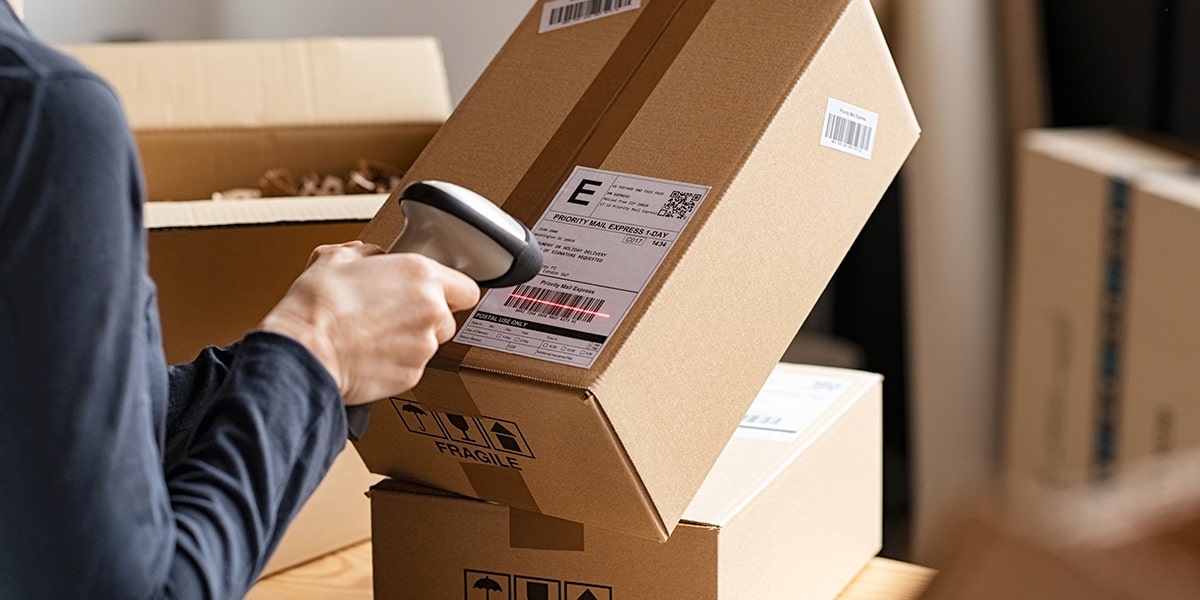Abrasion Resistance Testing of Packaging Labels
The abrasion resistance testing of packaging labels is a critical quality assurance process that ensures longevity and integrity of printed or coated labels. This test evaluates how well the label's top coating, inks, or materials withstand mechanical wear and tear over time. In consumer products and product safety testing, ensuring that labels remain legible and intact through handling, storage, and use is paramount for maintaining brand identity and compliance with regulatory standards.
Consumer goods are frequently exposed to environmental factors such as sunlight, humidity, abrasion by packaging materials or hands during transport and retail. Labels must be durable enough to withstand these conditions without compromising readability or adhesion. Proper abrasion resistance testing helps manufacturers identify potential weaknesses in their design choices, thereby enhancing product quality.
The test typically involves exposing a sample of the label under controlled conditions that simulate real-world wear scenarios. This can include rubbing the label against abrasive materials like sandpaper or using specialized machines designed to mimic human interaction with packaging. The abrasion resistance test helps determine the durability and adhesion strength of the label, ensuring it meets both internal quality standards and external regulatory requirements.
Accurate abrasion testing is essential for manufacturers in several ways:
- To ensure compliance with international regulations such as ISO 11675:2014 which specifies methods for measuring the resistance to rubbing of printed materials on packaging labels.
- To enhance consumer confidence by ensuring that labeling remains clear and intact throughout product lifecycle.
- To reduce waste by identifying robust label designs early in development stages, thus minimizing post-production modifications.
By incorporating abrasion resistance testing into their quality control processes, companies can make informed decisions about material selection and design improvements. This not only contributes to better customer satisfaction but also helps in maintaining a strong market presence by demonstrating commitment to product safety and environmental responsibility.
Eurolab Advantages
At Eurolab, we pride ourselves on offering comprehensive packaging label testing services that cater specifically to the needs of our clients within the consumer products sector. Our expertise in abrasion resistance testing sets us apart from other laboratories by providing accurate and reliable results. Here are some key advantages:
- Comprehensive Testing Capabilities: Eurolab offers a wide range of tests that cover various aspects of packaging label performance, including abrasion resistance.
- State-of-the-Art Equipment: We utilize cutting-edge instruments and techniques to ensure precise and repeatable results. Our advanced equipment allows us to simulate real-world conditions accurately.
- Experienced Professionals: Our team of highly qualified experts ensures that every test is conducted with utmost accuracy and professionalism, providing you with actionable insights into your label's performance.
- Compliance Assurance: Eurolab stays updated on all relevant regulatory standards, ensuring compliance across different markets.
We understand the importance of timely delivery and communication. Our clients receive detailed reports along with clear interpretations of test results, which help them make informed decisions about their products. By leveraging our extensive experience and resources, we provide a seamless testing process that adds value to your product development cycle.
Why Choose This Test
Abrasion resistance testing is crucial for ensuring the longevity of packaging labels in consumer products and product safety applications. Here are several reasons why this test should be part of your quality assurance regimen:
Enhanced Brand Identity: Clear, intact labels contribute significantly to a positive brand image. Ensuring that labels remain legible even after extensive use helps maintain customer trust.
Regulatory Compliance: Many jurisdictions have specific regulations regarding the durability of product labels. Conducting abrasion resistance tests ensures compliance with these standards, avoiding potential fines and legal issues.
Potential Cost Savings: Identifying weak points early in development can lead to design improvements that reduce production costs without compromising quality.
Informed Decision Making: Reliable test results provide valuable data on which materials or processes are most effective, allowing for better strategic planning and execution.
Increased Consumer Satisfaction: Products with well-designed labels that stand the test of time create a positive experience for consumers, leading to increased loyalty and satisfaction.
By incorporating abrasion resistance testing into your quality control protocol, you can ensure that your packaging labels not only meet but exceed industry expectations. This commitment to excellence reflects positively on your brand reputation and contributes significantly to overall product success.
Competitive Advantage and Market Impact
Conducting robust abrasion resistance testing offers significant competitive advantages in the market. Here’s how this service can impact your business:
- Innovation Lead: By staying ahead of industry trends through advanced testing methods, companies can innovate faster and more effectively.
- Customer Trust: Reliable labels enhance customer confidence, fostering stronger brand loyalty and trust.
- Market Differentiation: Superior label durability helps differentiate your products from competitors, making them stand out in crowded marketplaces.
- Cost Efficiency: Early identification of design flaws can prevent costly reworks later in the production cycle.
- Regulatory Compliance: Ensuring compliance with all relevant regulations not only avoids penalties but also opens up new markets and opportunities.
In conclusion, abrasion resistance testing is an indispensable tool for maintaining high standards of quality and safety. It plays a crucial role in protecting your brand’s reputation while ensuring regulatory compliance and customer satisfaction.





